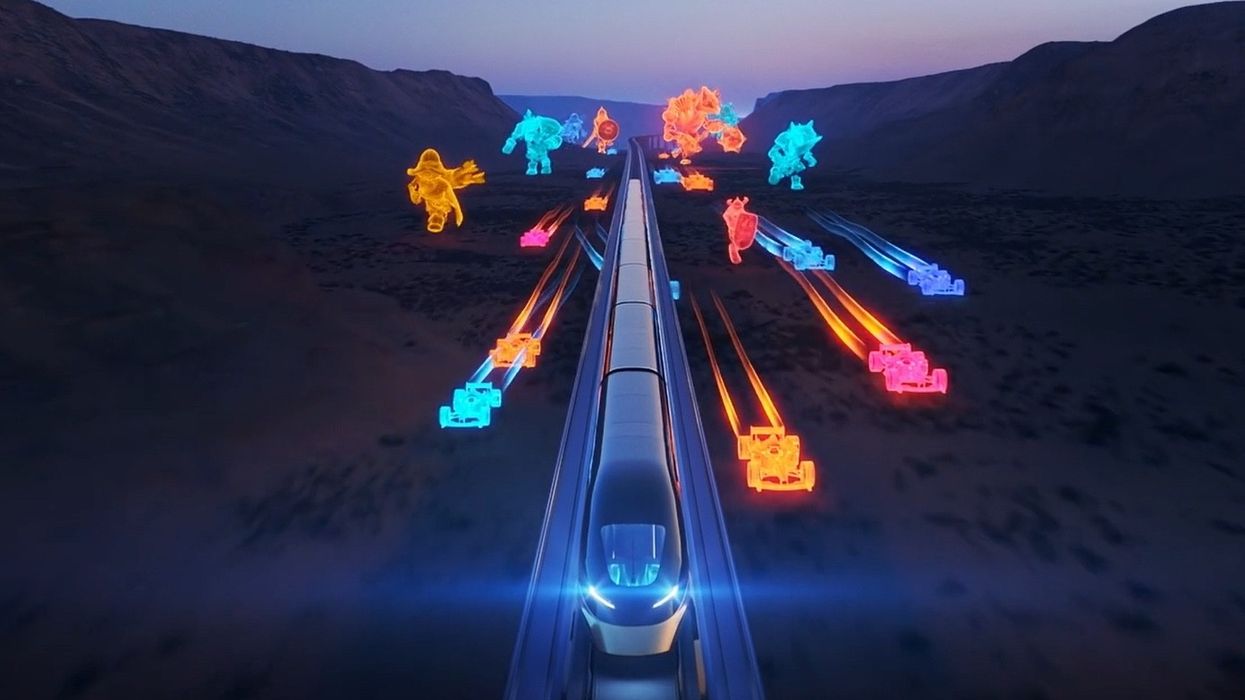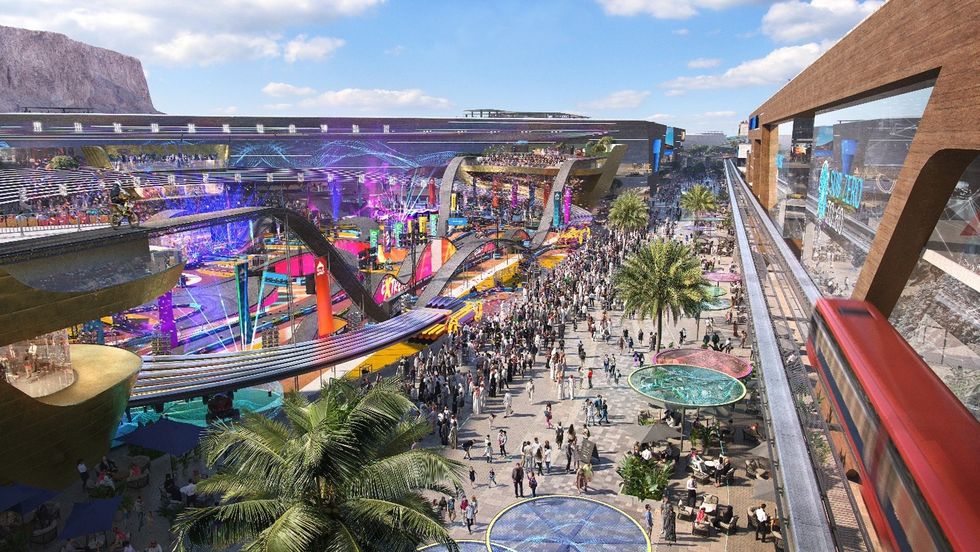Experts have questioned the safety of the Titan submersible and how private sector deep-sea tourism is regulated after it was found that the missing vessel imploded near the site of the Titanic wreck.
Five people were aboard the submarine when it went missing during a dive to the wreck on Sunday (18 June). Following a huge search mission, it was confirmed by US officials that the vessel suffered a "catastrophic implosion" and killed everyone on board.
Deep-sea tourism is a growing and largely unregulated industry. "Even the most reliable technology can fail, and therefore accidents will happen," Nicolai Roterman, a deep-sea ecologist and lecturer in marine biology at the UK's University of Portsmouth told the Associated Press. "With the growth in deep-sea tourism, we must expect more incidents like this."
Jon Heshka, an associate professor at Thompson Rivers University in British Columbia, told Time: "The government won’t regulate until there’s a demonstrated need that industry has failed to self regulate.
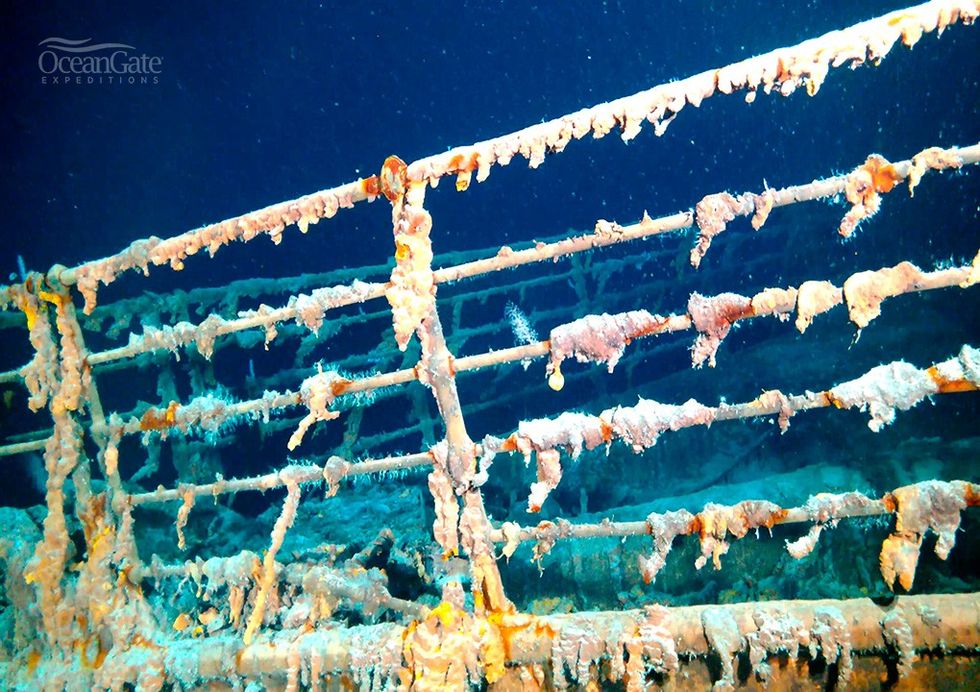
"If things are humming along and the activities are being administered, more or less incident free, and businesses are making money and clients are willing to shell out the coin, there’s no need for the government to become involved. However, if there are particularly high-profile incidents, then that becomes the business of the government to regulate."
James Cameron, who directed the 1997 film Titanic and has made more than 30 dives to the wreck, said in an interview with Reuters: "We celebrate innovation, right? But you shouldn't be using an experimental vehicle for paying passengers that aren't themselves deep ocean engineers."
OceanGate Expeditions, the company that owned and operated the Titan submersible, said in a statement yesterday (22 June) that all five people in the vessel "have sadly been lost".
The victims were Hamish Harding, 58, Shahzada Dawood, 48, and his son Suleman Dawood, 19, Paul-Henri Nargeolet, 77, and OceanGate CEO Stockton Rush, 61.
"Citizen explorers"
"These men were true explorers who shared a distinct spirit of adventure, and a deep passion for exploring and protecting the world’s oceans,” OceanGate added. "We grieve the loss of life and joy they brought to everyone they knew."
From sunken Boeing 747s to sub-aquatic sculpture parks, deep-sea and underwater experiences for "citizen explorers"have gained popularity in recent years.
Commercial spaceflight, or space tourism, is another burgeoning trend for the super wealthy in the attractions industry. Richard Branson 's company Virgin Galactic is due to launch its private spaceflight service at the end of this month.
Amazon founder Jeff Bezos ' Blue Origin completed its first commercial flight on the New Shepard spacecraft in July 2021.
Lead image credit: OceanGate Expeditions via AP
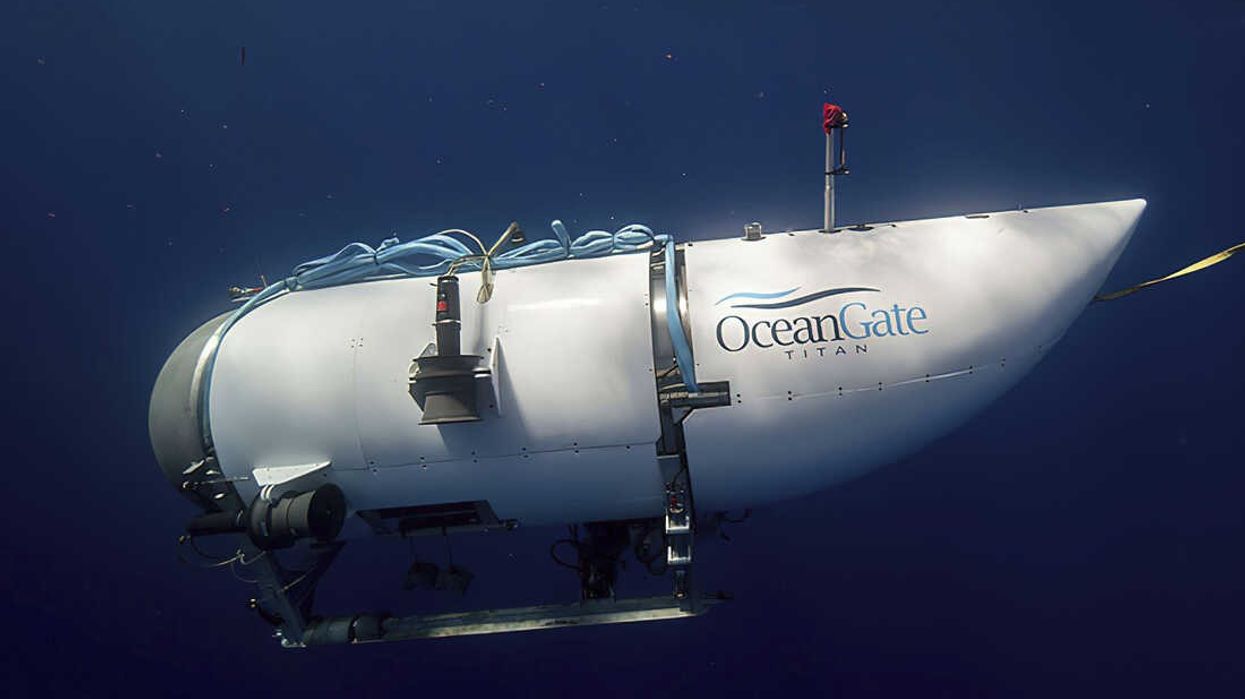



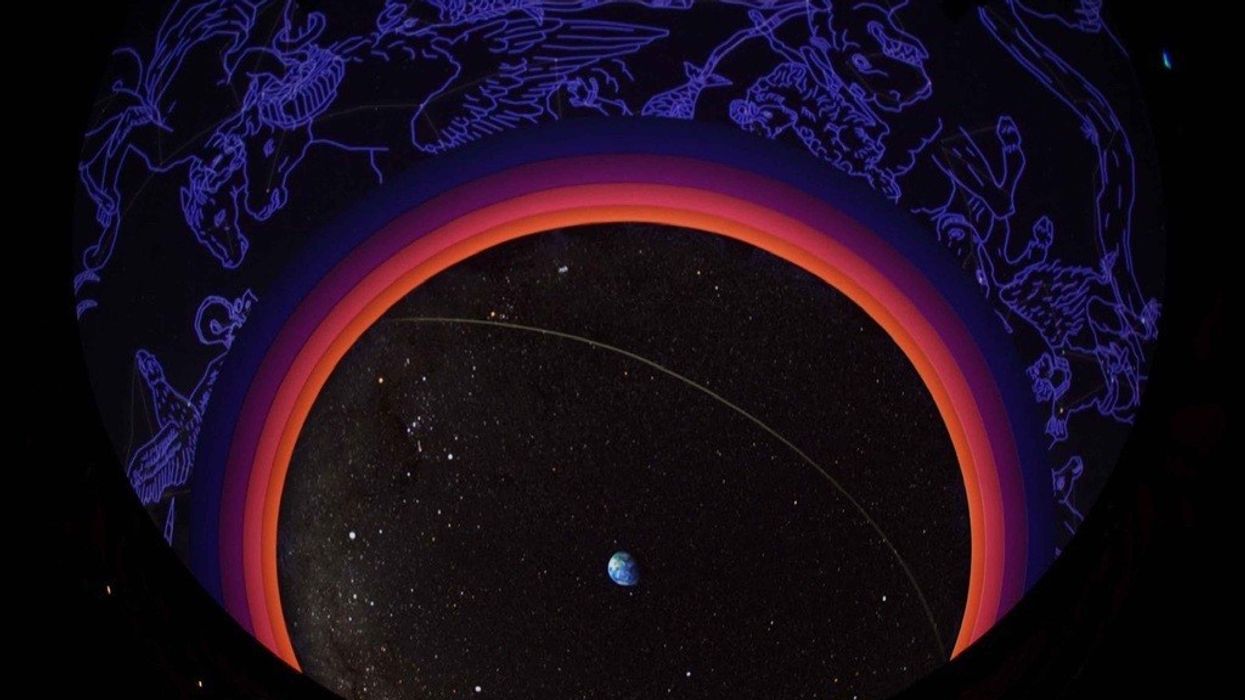


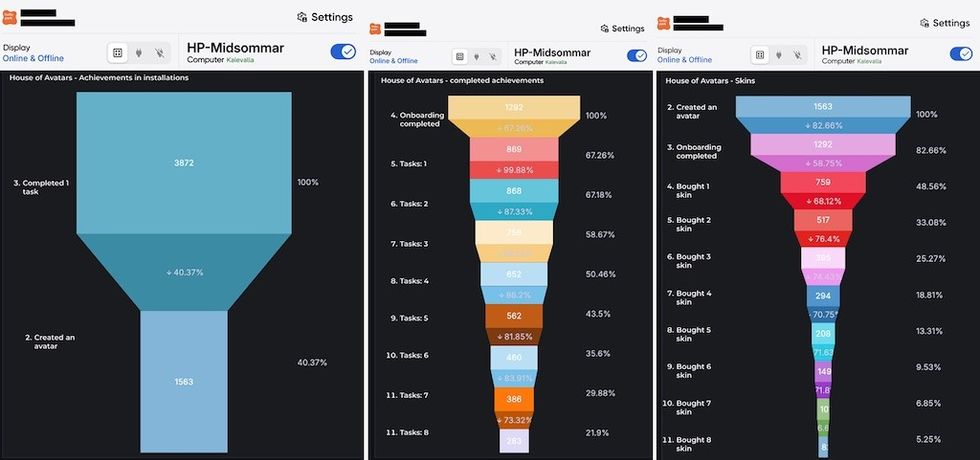

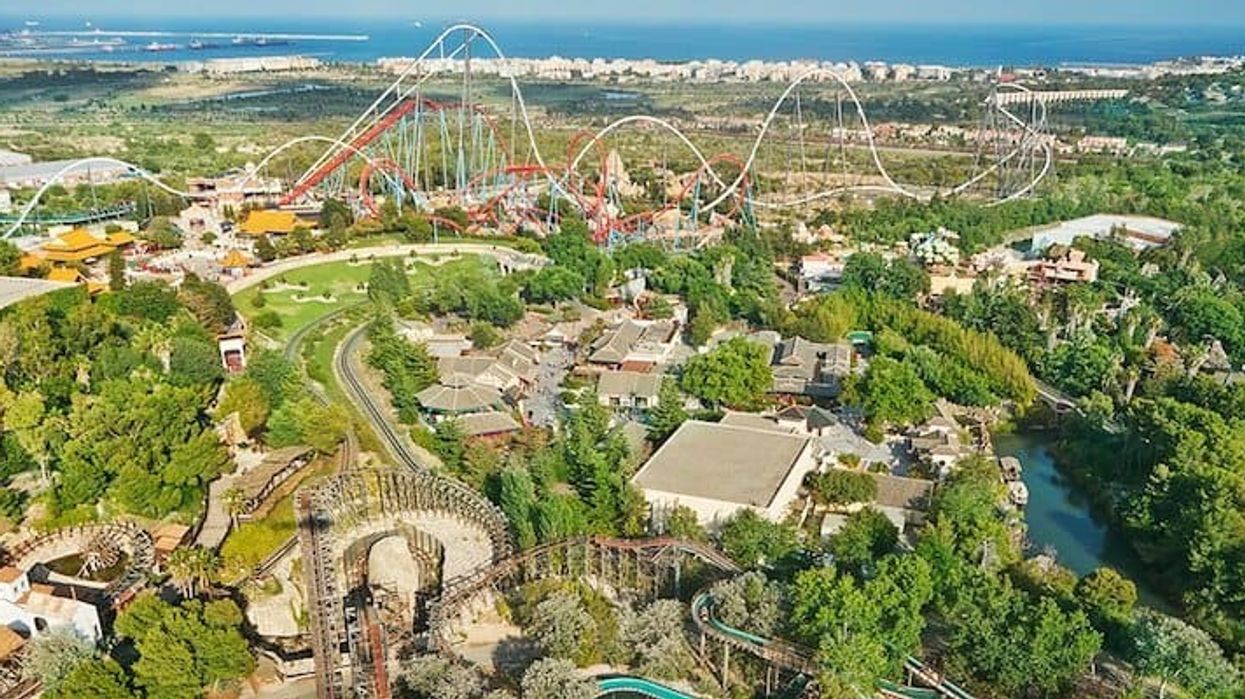


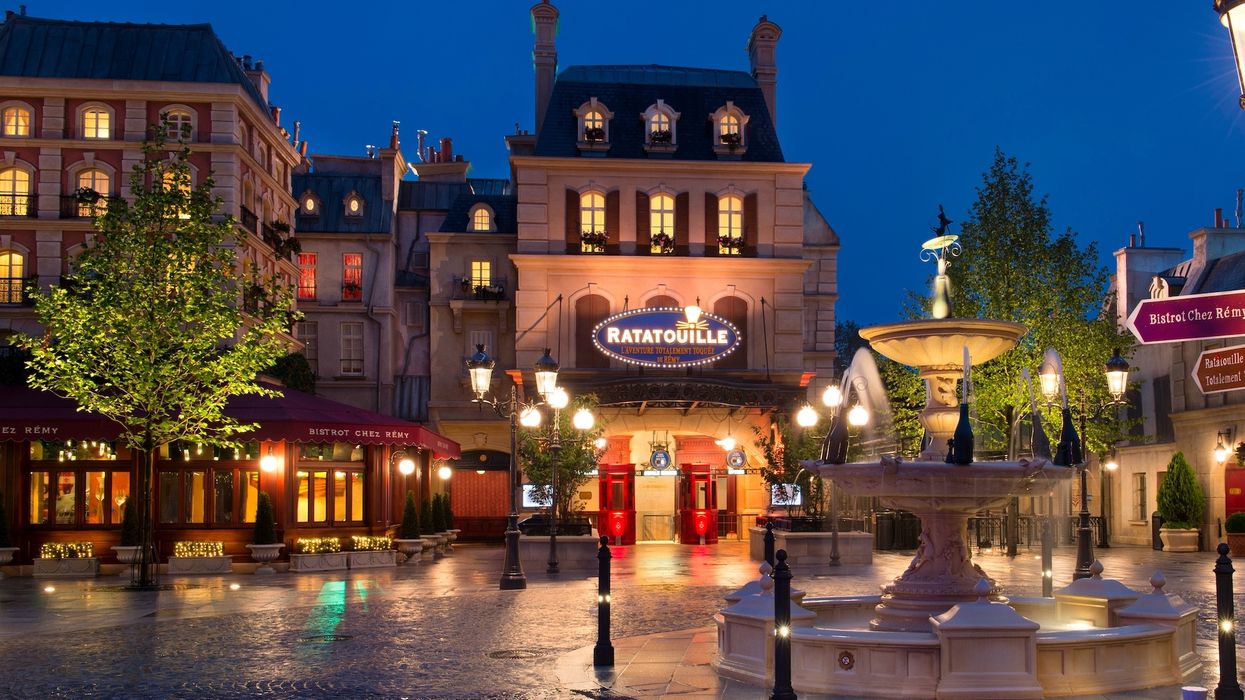



 Jade Craig
Jade Craig